MercoPress. South Atlantic News Agency
Latin America
-
Monday, January 30th 2023 - 11:18 UTC
Tourism and mining industries cutting operations in Peru because of political protests
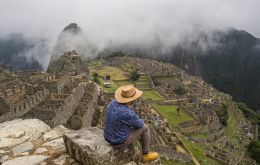
The tourism industry and mining corporations in Peru are suspending or cancelling operations because of the escalating political protests in the country with dozens of people killed in clashes with security forces.
-
Monday, January 30th 2023 - 11:14 UTC
LATAM's finances expected to recover in 2023 with passenger and cargo growth

South America's largest carrier, LATAM expects double digit revenue growth this year, according to a company guidance to stock markets. The Chile-based airline's revenues are expected to reach between US$ 11 billion and US$ 11.5 billion by the end of this year, compared to US$ 9.5 billion estimated for 2022, which if achieved would mark an increase of nearly 16% to 21%.
-
Monday, January 30th 2023 - 09:48 UTC
Peru's Congress rejects moving elections forward
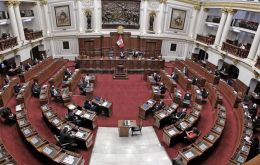
Peru's one-house Congress Saturday voted against President Dina Boluarte's request about bringing forward the elections to December this year, which is one of the demands of the neverending protests nationwide that have erupted since her accession to power following Pedro Castillo Terrones' impeachment.
-
Saturday, January 28th 2023 - 10:23 UTC
IACHR team rounds up Bolivian assignment
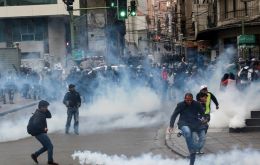
An Inter-American Commission on Human Rights (IACHR) team rounded up its mission in Bolivia on Friday after being told that the government abode by its recommendations issued after the political crisis of 2019. The visiting delegation also collected testimony from the victims claiming otherwise.
-
Saturday, January 28th 2023 - 10:17 UTC
Peru: Boluarte favors moving elections forward, perhaps this year
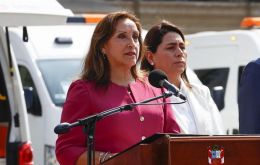
Peruvian President Dina Boluarte said Friday that she did not oppose bringing forward the elections, which is one of the demands of the demonstrators that have marched all across the country since the impeachment of former President Pedro Castillo Terrones on Dec. 7.
-
Friday, January 27th 2023 - 09:57 UTC
Evo declared “persona non grata” by Peru's Congress
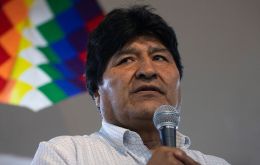
Peru's Congress Thursday declared former Bolivian President Evo Morales “persona non grata” by 74 votes in favor, 40 against, and 4 abstentions, for his alleged meddling in internal affairs.
-
Thursday, January 26th 2023 - 18:06 UTC
Díaz-Canel visits Maduro on his way back home from Celac Summit
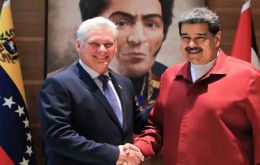
Cuban President Miguel Díaz-Canel Thursday said his meeting the day before with his Venezuelan colleague Nicolás Maduro was highly successful. Díaz-Canel made a stop on his way back from the VII Community of Latin American and Caribbean States (Celac) Summit in Buenos Aires.
-
Thursday, January 26th 2023 - 10:58 UTC
Peru: Boluarte asks for multinational endorsement to early elections

Peruvian President Dina Boluarte Wednesday asked the international community to endorse the holding of early elections in Peru, which she had already entrusted Congress with devising. She also said every possible solution should be within constitutional boundaries.
-
Wednesday, January 25th 2023 - 09:55 UTC
Lacalle warns Celac about “ideological temptation”
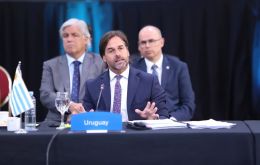
Uruguayan President Luis Lacalle Pou Tuesday warned against the “ideological temptation in international forums.” During his speech at the VII Summit of the Community of Latin American and Caribbean States (Celac) in Buenos Aires, he explained that when ideologies change “the forums fade away.”
-
Wednesday, January 25th 2023 - 09:35 UTC
“Comrade” Ralph Gonsalves becomes new Celac pro tempore president
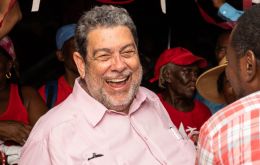
Upon closing the VII Summit of the Community of Latin American and Caribbean States (Celac) in Buenos Aires, Argentine President Alberto Fernández Tuesday handed over the pro tempore presidency of the forum to the Prime Minister of St. Vincent and the Grenadines, Ralph Everard Gonsalves, who is notorious for his closeness to the governments of Cuba, Venezuela and also Nicaragua.
